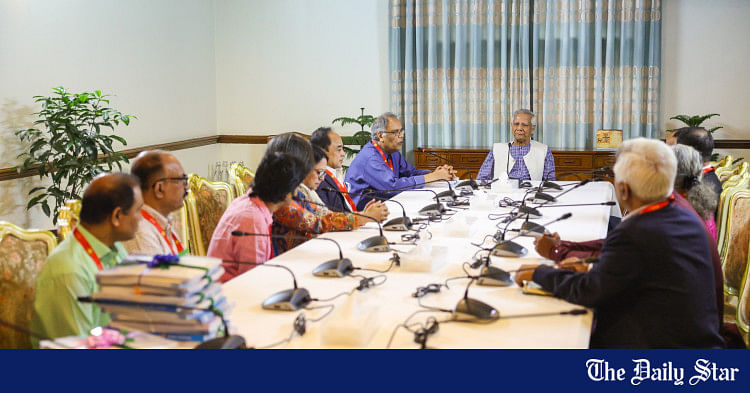
Media Reform Commission proposes journalist safety law
- 22.03.2025 09:04
- thedailystar.net
- Keywords: Media, Law
The Media Reform Commission submitted a report proposing a law to protect journalists' safety and rights, along with restricting media ownership and forming an independent Jatiya Samprachar Sangstha through state-run outlet mergers.